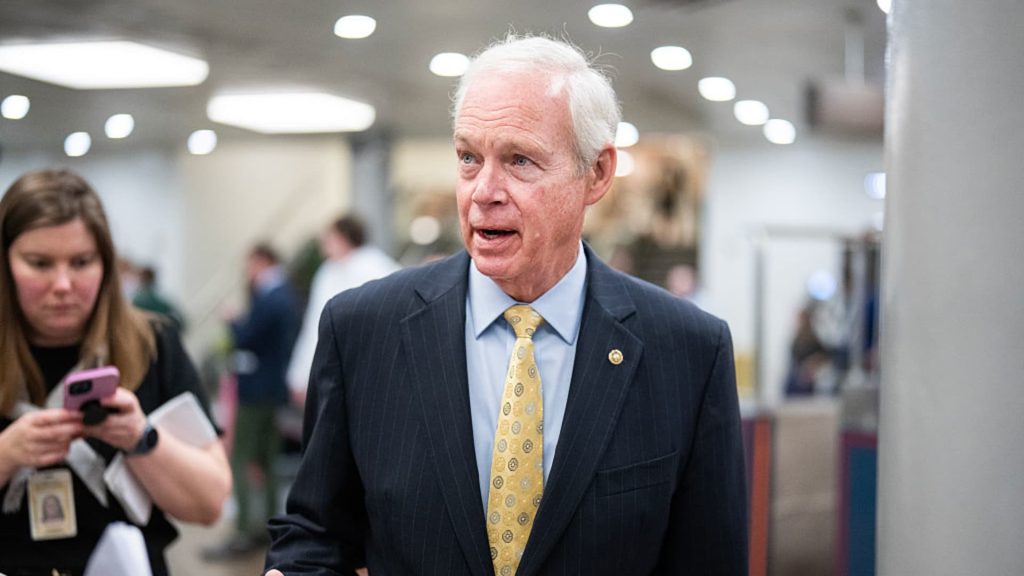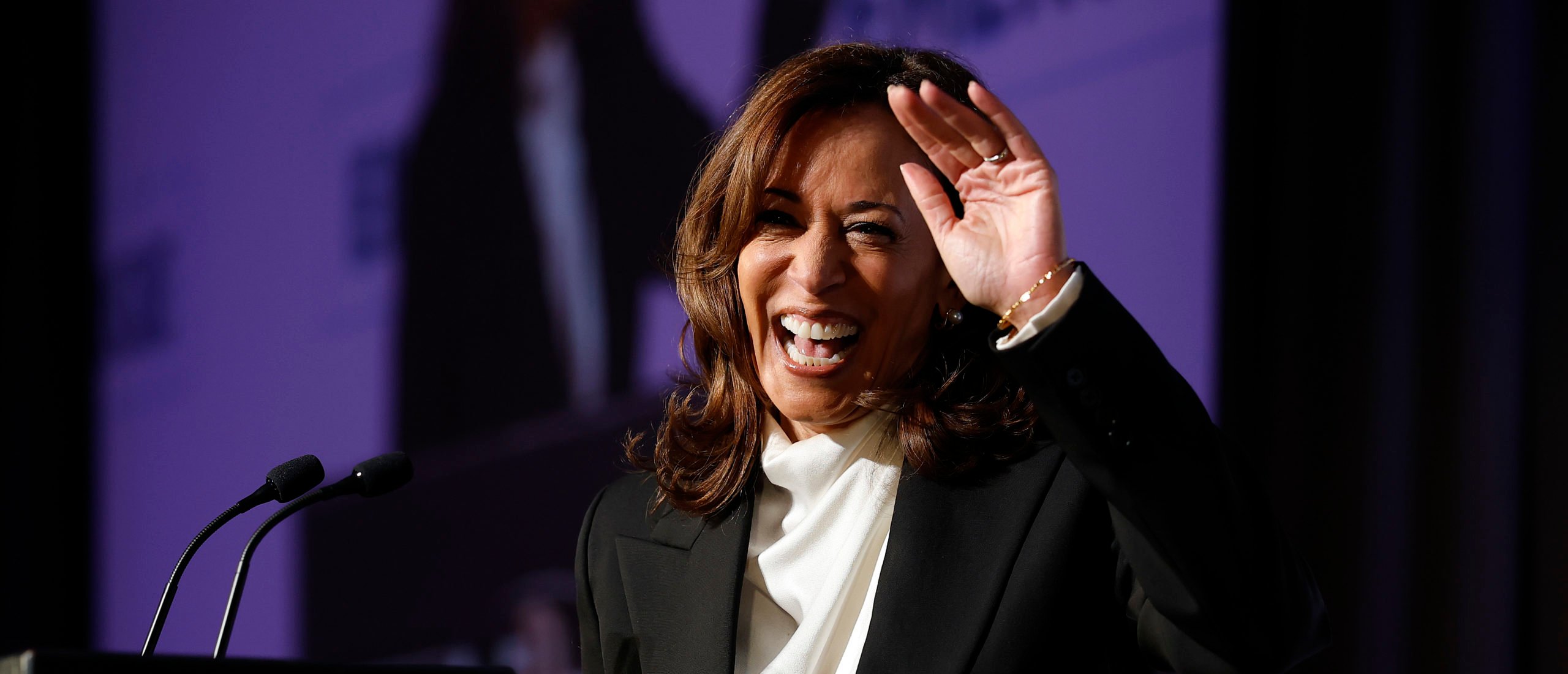Now Reading: How A ‘Nonpartisan’ Government Budget Office May Be Misleading Lawmakers On Spending As GOP Megabill Looms Large
-
01
How A ‘Nonpartisan’ Government Budget Office May Be Misleading Lawmakers On Spending As GOP Megabill Looms Large
How A ‘Nonpartisan’ Government Budget Office May Be Misleading Lawmakers On Spending As GOP Megabill Looms Large

According to some policy experts and lawmakers, the Congressional Budget Office (CBO), which provides Congress with cost estimates, including projections for the GOP’s major reconciliation bill, has a history of inaccuracy and bias. Despite being established in 1975 to offer nonpartisan information for the Congressional budget process, critics argue that the CBO’s projections often deviate from its mission. The agency produces hundreds of cost estimates each year for major legislation like the Affordable Care Act, the Inflation Reduction Act, and the current GOP reconciliation bill. While the CBO recently estimated that the Republican proposal would increase the deficit by $2.3 trillion over a decade, critics point out several instances of significant inaccuracies in the agency’s past projections.
For example, the CBO initially projected that President Joe Biden’s Inflation Reduction Act would reduce the deficit by approximately $58.1 billion between 2022 and 2031. However, a 2024 outlook revised that estimate to a $428 billion increase in the cumulative deficit. Critics, including Republican lawmakers like Ron Estes, argue that the CBO tends to favor Democrats’ spending priorities over Republicans’ tax relief efforts. They highlight the lack of transparency in the agency’s data and methods and have introduced proposals to address these concerns.
Despite efforts to improve transparency and accountability, projections of the GOP reconciliation package vary widely among different organizations. While the Trump administration officials suggest that the bill could save $1.6 trillion, other estimates from groups like the Joint Committee on Taxation and the Penn Wharton Budget Model predict significant increases in the deficit.






